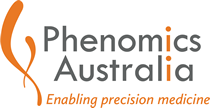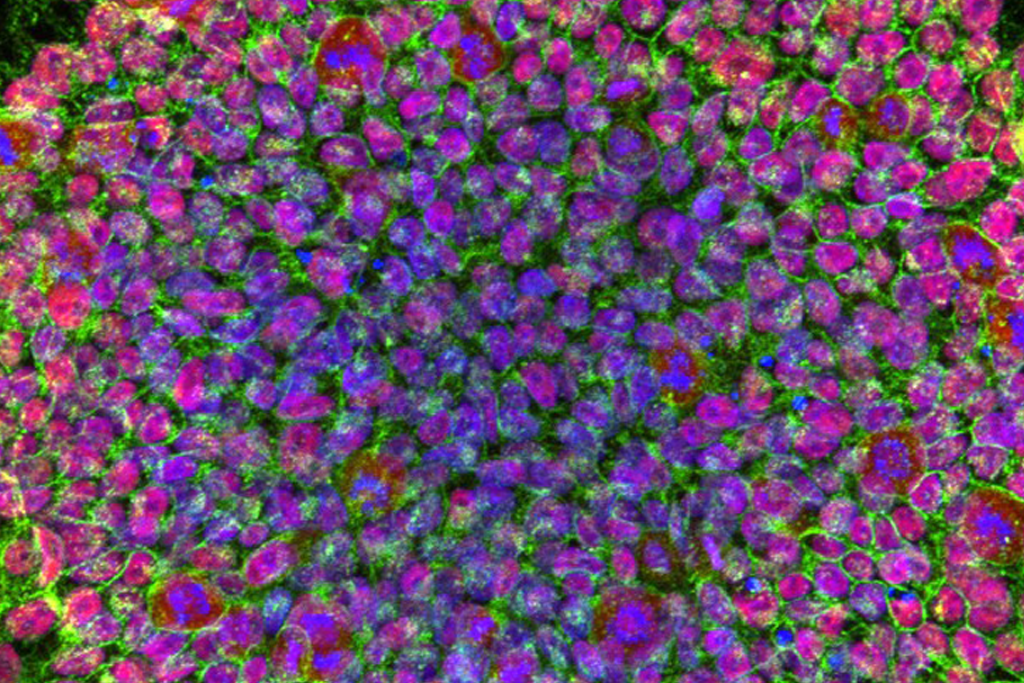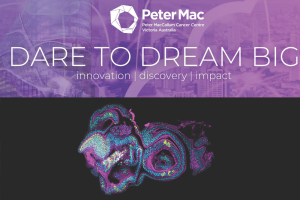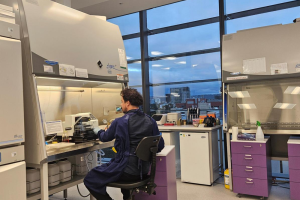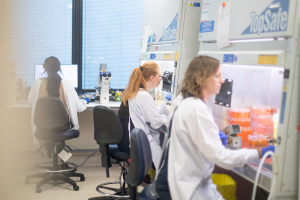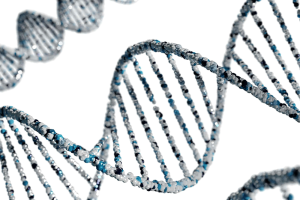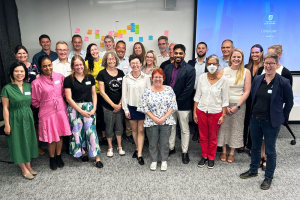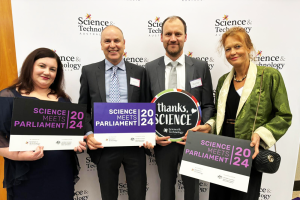FAIR and CARE stem cells
By Professor Christine Wells, University of Melbourne.
Professor Wells acknowledges funding from Phenomics Australia and the MRFF Stem Cell Therapies Mission “Enabling Openness in Australian Stem Cell Research, EOAR”.
Pluripotent stem cell technology has created a myriad of opportunities to model gene function, and disease processes during human developmental processes and in specific tissues. The ‘organ on a chip’ paradigm has been adopted by regulators and pharmaceutical companies to identify drug efficacy and toxicity. Applications have scaled rapidly as organoid models become more sophisticated, representing multiple cell types including epithelial, skeletal, immune, vascular, and neural niches. Pluripotent stem cell lines share many of the issues facing human cell lines generally, such as determining ethical or technical provenance and verifying cell identity.
Stem cell lines are often generated from vulnerable individuals, including children, and patients suffering from incurable diseases. The lines are in demand for clinical or commercial applications, which adds a potential barrier to the distribution of lines beyond the original research team. In Europe and parts of Asia including Japan and South Korea, stem cell banks and registries capture the provenance of pluripotent stem cell lines and allow stakeholders to find lines of potential interest. Surprisingly few Australian lines are registered in any global database, and of these, 2/3 are partially registered and have not provided donor provenance or consent to the registry.
Australian stem cell researchers use publication as the main form of communication about a stem cell line, but in the absence of common nomenclature or agreed practises in verifying cell identity or ethical provenance, the practise of finding and sharing specific lines is made more difficult, and the onus is on individual researchers to repeatedly provide this data to recipients of these cell line resources, a responsibility that risky in an industry with high staff and student turn over.
At the 2022 joint meeting of the Australian Society for Stem Cell Research (ASSCR) and the Australian Gene and Cell Therapy Society (AGCT) Prof Wells spoke about plans to develop an Australian stem cell registry through Phenomics Australia.
“Developing a local registry will allow Australian researchers, funders, and community stakeholders to determine what information should be collected, and how best to share information on a line, or access to a line.”
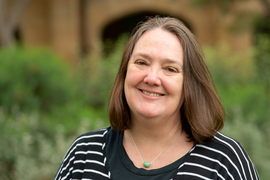
Prof Wells drew parallels between the FAIR (Findable, Accessible, Interoperable and Reusable) principles established in the data sciences and the stem cell lines as a FAIR resource. She invited the audience to consider the Gida CARE principles as an important standard of community engagement when building stem cell banks or resources, considering Collective benefit, Authority or Agency of the local community, Responsible and Ethical research that considers the norms of the community that researchers are working with. FAIR becomes the platform and CARE the pathway for impactful stem cell research that engages stakeholders beyond the traditional publish or perish cycle.
Additional information
FAIR and CARE principles underpin impactful stem cell research
- Findable: Stakeholders can easily find which lines have been made, by whom, and for what purpose.
- Accessible: Information about who to contact to obtain a line, and conditions for sharing are available.
- Interoperable: Cell line naming follows a convention, to avoid ambiguities and promote correct attribution.
- Reusable: The ethical and technical provenance of a line is known.
https://ardc.edu.au/resource/fair-data/ - Collective: benefit Stakeholders include donor communities who should benefit from stem cell research. Authority: Community stakeholders have agency in projects using their materials.
Responsibility: The use of materials does not lead to discrimination against the donors or community.
Ethical: The ethical and societal norms of the community are considered in the research pathway.
https://www.gida-global.org
